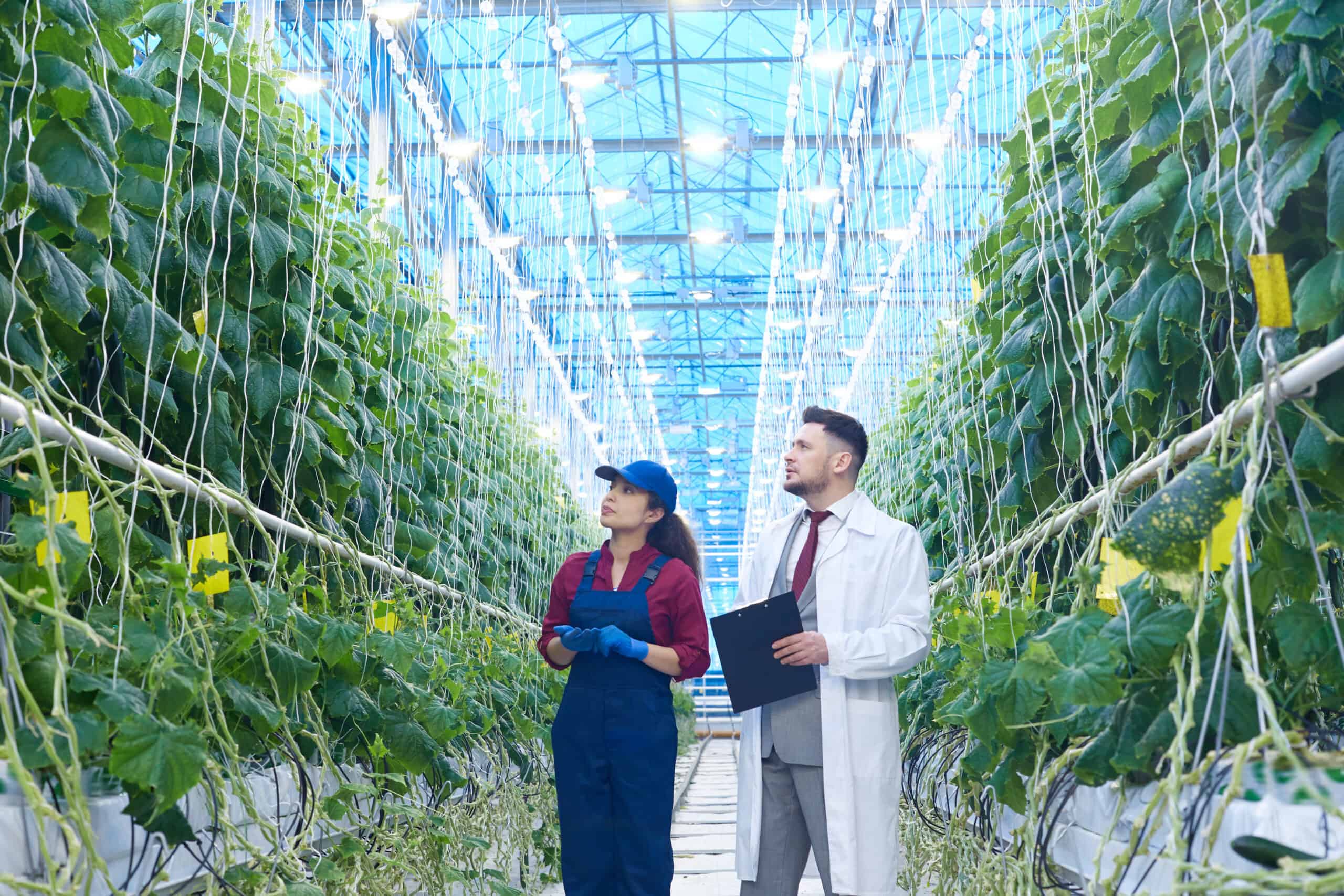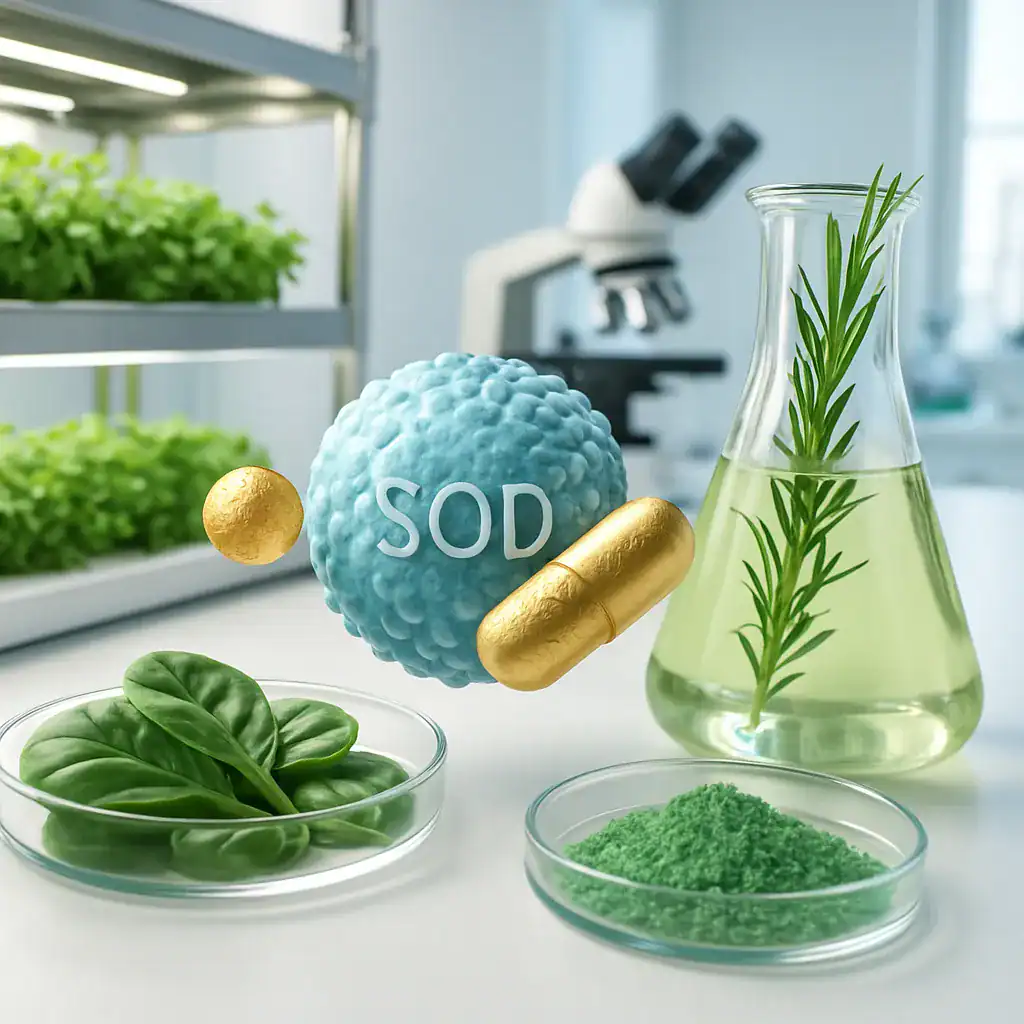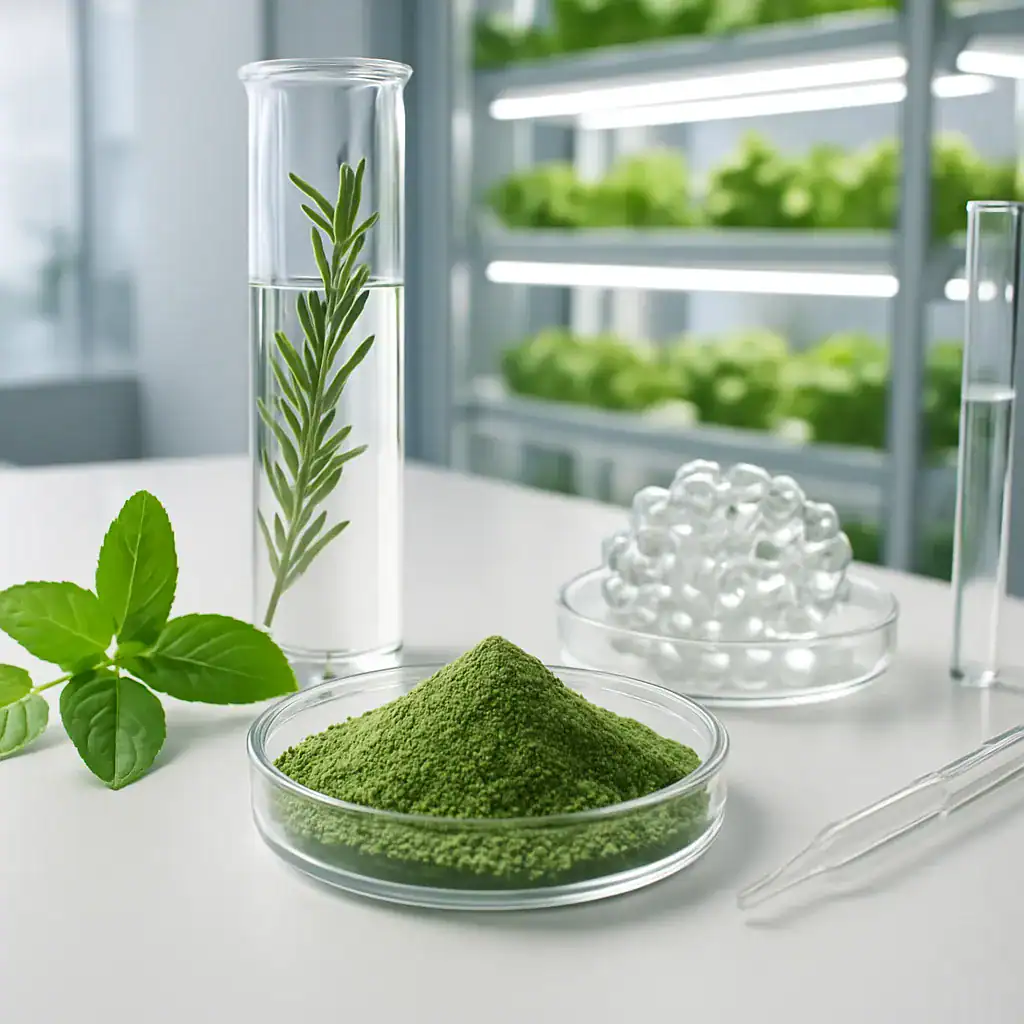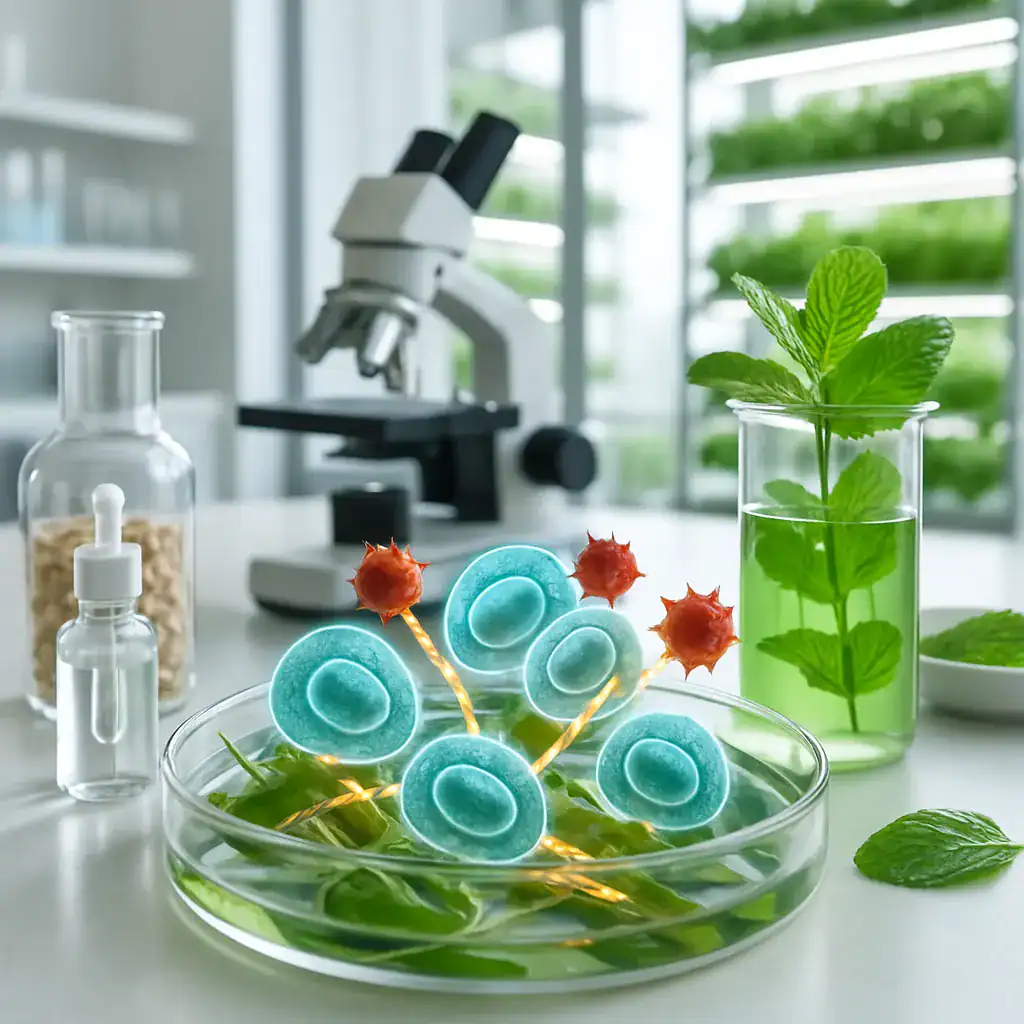Zero Residue Extraction Techniques: Ensuring Pure Herbal Supplements
Understanding the Revolutionary Integration of Aquaculture and Hydroponics
Have you ever wondered how we might grow food more efficiently while using fewer resources? Aquaponic farming systems represent one of the most promising answers to this question. This innovative method combines aquaculture (raising fish) and hydroponics (growing plants without soil) in a symbiotic environment that maximizes productivity while minimizing environmental impact.
You see, aquaponics works on a beautifully simple principle: fish produce waste containing ammonia, which bacteria convert into nitrates—an excellent natural fertilizer for plants. The plants, in turn, filter the water, which is then recirculated back to the fish tanks. This creates a closed-loop system that uses up to 90% less water than conventional farming methods. That’s remarkable efficiency, isn’t it?
But have you ever considered that beyond water conservation, these systems eliminate the need for chemical fertilizers and pesticides? The natural biological processes maintain balance, resulting in completely organic produce. For nutrition professionals and health-conscious consumers alike, this means access to cleaner, more nutrient-dense foods without the typical environmental tradeoffs.
As climate change intensifies and water scarcity becomes more prevalent, aquaponic farming isn’t just innovative—it’s becoming increasingly essential for sustainable food security. Through the lens of PhNóva’s commitment to natural solutions, we can see how these systems align perfectly with the future of nutraceutical and botanical development.
Our Key Areas of Expertise




The Interconnected Benefits of Aquaponic Systems for Health and Nutrition
Nutrient-Rich Production From Closed-Loop Ecosystems
When you explore the true value of aquaponic farming systems, you’ll discover they’re far more than just efficient food production methods. These systems create produce with exceptional nutritional density, directly impacting both physical and mental wellbeing. The nutrient cycle within aquaponics naturally enriches plants with bioavailable minerals and compounds that conventional agriculture often lacks.
The fish in aquaponic systems contribute phosphorus, potassium, and nitrogen through their waste, creating a perfect environment for plants to develop higher concentrations of phytonutrients. You might be surprised to learn that aquaponically-grown vegetables often contain up to 30% more nutrients than their conventionally-grown counterparts. This nutritional advantage makes aquaponics particularly valuable for producing botanicals used in PhNóva’s nutraceutical formulations.
Connecting Aquaponics to Vertical Farming Technologies
Vertical farming technologies integrate seamlessly with aquaponic principles, creating powerful hybrid systems that maximize both space efficiency and nutritional output. These combined approaches allow for:
- Multi-level plant cultivation using the same water and nutrient system
- Controlled environment agriculture that optimizes plant growth conditions
- Year-round production regardless of seasonal changes
- Reduced transportation emissions through localized production
You can see how this integration addresses multiple sustainability challenges simultaneously while enhancing the quality of plant compounds used in health applications.
Enhancing Bioactive Compound Production
The controlled environment of aquaponic systems allows for precise manipulation of growing conditions to enhance the production of bioactive compounds in plants. By adjusting light spectrums, temperature ranges, and nutrient concentrations, aquaponic farmers can increase the concentration of:
- Antioxidants like polyphenols and flavonoids
- Anti-inflammatory compounds
- Adaptogens and stress-reducing botanicals
- Essential oils and aromatic compounds
This adaptability makes aquaponics particularly valuable for cultivating plants specifically intended for nutraceutical applications, where consistency and potency of bioactive ingredients are paramount.
Supporting Natural Antioxidant Systems
Plants grown in aquaponic environments often develop enhanced natural defense mechanisms, resulting in higher concentrations of compounds like Superoxide Dismutase (SOD). When you consume these plants, you benefit from these powerful enzyme systems that protect against oxidative stress—the same processes that PhNóva harnesses in many of its formulations.
The controlled, pesticide-free environment of aquaponics ensures these naturally occurring antioxidant systems remain intact and bioavailable, unlike conventional farming where chemical treatments may disrupt these delicate biochemical processes.
Facilitating Exosome Production and Bioavailability
Perhaps most intriguingly, the stress-free growing environment of aquaponics appears to support the natural production of plant exosomes—tiny extracellular vesicles that play crucial roles in cellular communication and compound delivery. These microscopic structures have become central to PhNóva’s nanodelivery systems, enhancing the bioavailability of nutraceutical compounds.
The relationship works as follows:
| Aquaponic Advantage | Impact on Exosomes | Benefit to Nutraceuticals |
|---|---|---|
| Clean, toxin-free water | Preserves natural exosome integrity | Improves delivery system efficacy |
| Consistent nutrient availability | Supports optimal cellular function | Enhances exosome production and quality |
| Reduced plant stress | Promotes healthy exosome formation | Increases bioavailability of active compounds |
| Controlled environment | Enables standardization of exosome yield | Ensures product consistency |
Improving Flavor Profiles and Palatability
Beyond nutritional benefits, aquaponic systems often produce herbs and plants with superior flavor profiles—a critical factor in PhNóva’s Aroma Neutra & Food division. Plants grown in these systems typically develop more complex aromatic compounds and taste characteristics, reducing the need for artificial flavoring or extensive masking agents in final formulations.
You’ll find that these enhanced natural flavors make it easier to create palatable nutraceutical products without compromising on efficacy or adding unwanted ingredients—addressing one of the biggest challenges in supplement compliance.
Creating Sustainable Supply Chains for Health Products
By integrating aquaponic farming into nutraceutical supply chains, companies like PhNóva can achieve unprecedented levels of traceability, consistency, and sustainability. The controlled nature of these systems allows for precise documentation of growing conditions, inputs, and harvesting parameters—creating a level of transparency that’s increasingly demanded by health-conscious consumers.
Furthermore, the reduced water consumption, elimination of agricultural runoff, and minimal carbon footprint align perfectly with the growing expectation that health products should not come at the expense of environmental health. You benefit from products that support your wellbeing while also supporting the planet’s health.
R&D Consultancy
Discover how PhNóva’s R&D Consultancy can help transform your idea into a market-ready solution — with expert support in formulation, regulatory compliance, and innovative delivery systems to give your product a competitive edge.
FAQ's about Zero Residue Extraction Techniques: Ensuring Pure Herbal Supplements
Get in Touch with PhNóva
Have questions or need expert guidance? Contact us today — our team is ready to assist you with tailored solutions for your formulations.

26/03/2025






